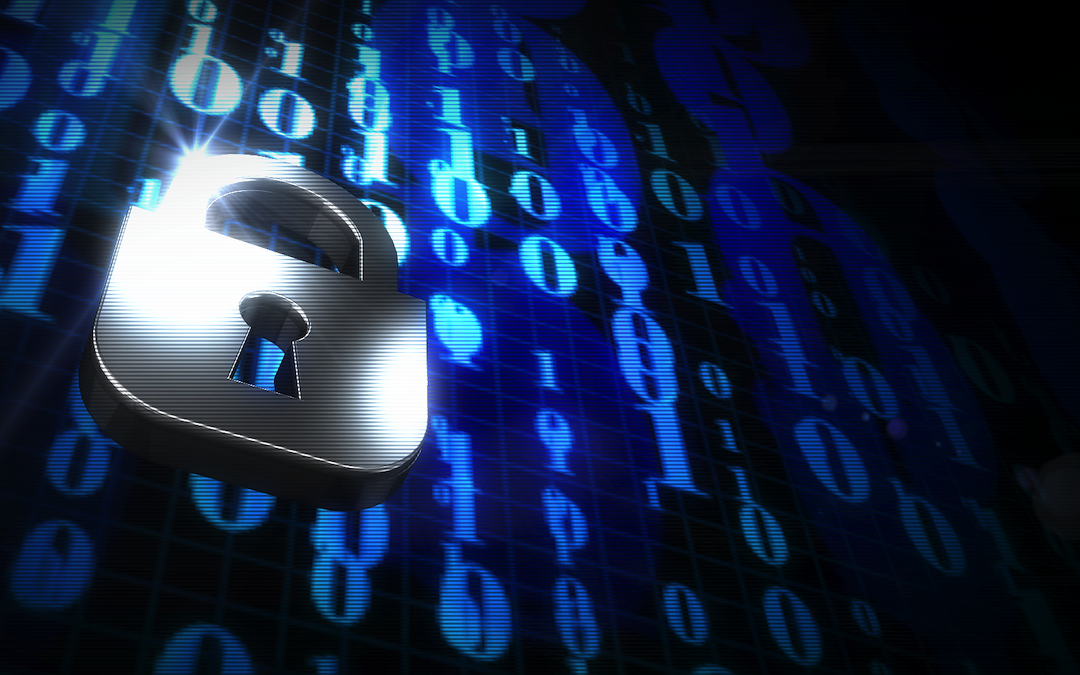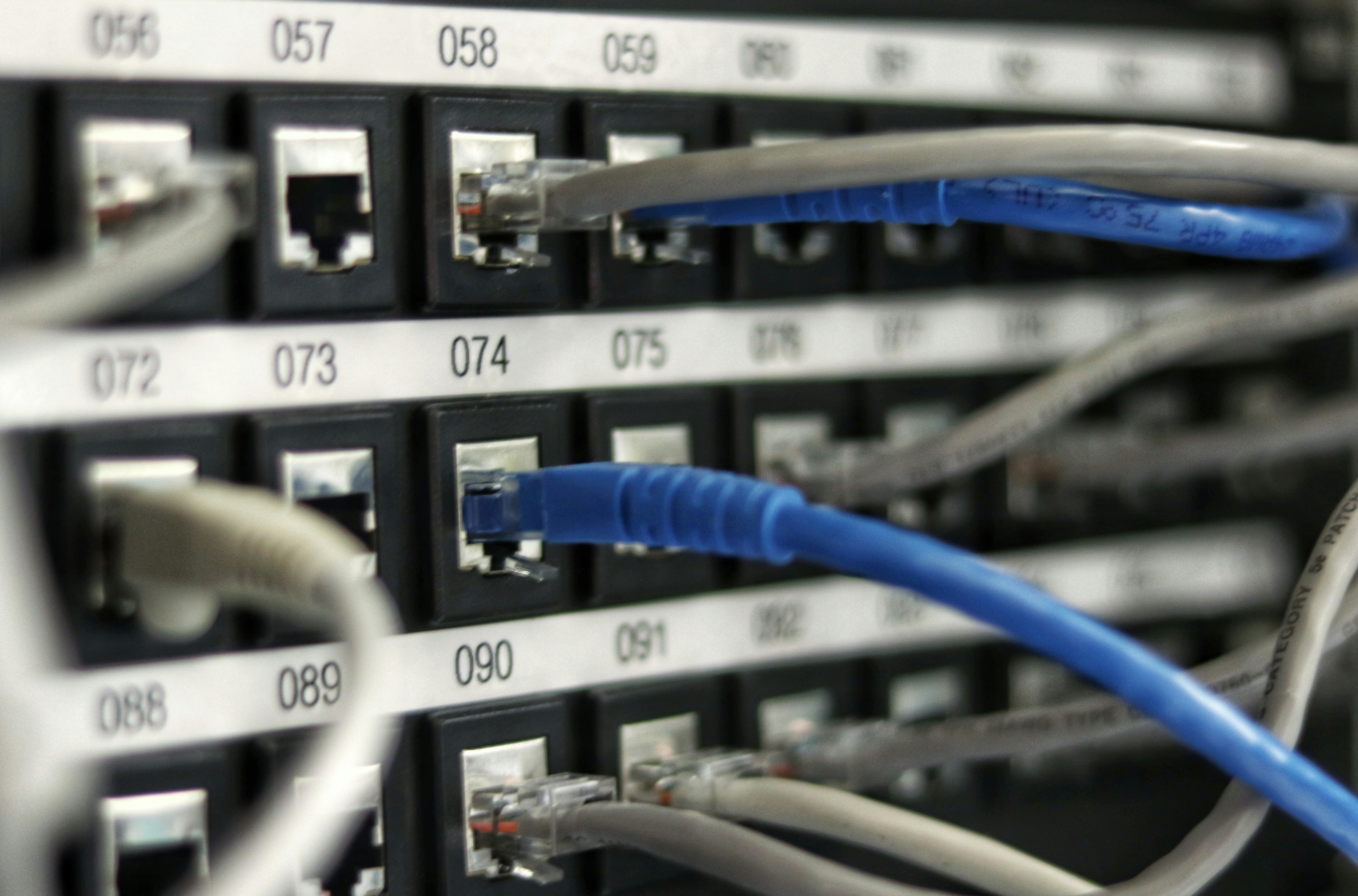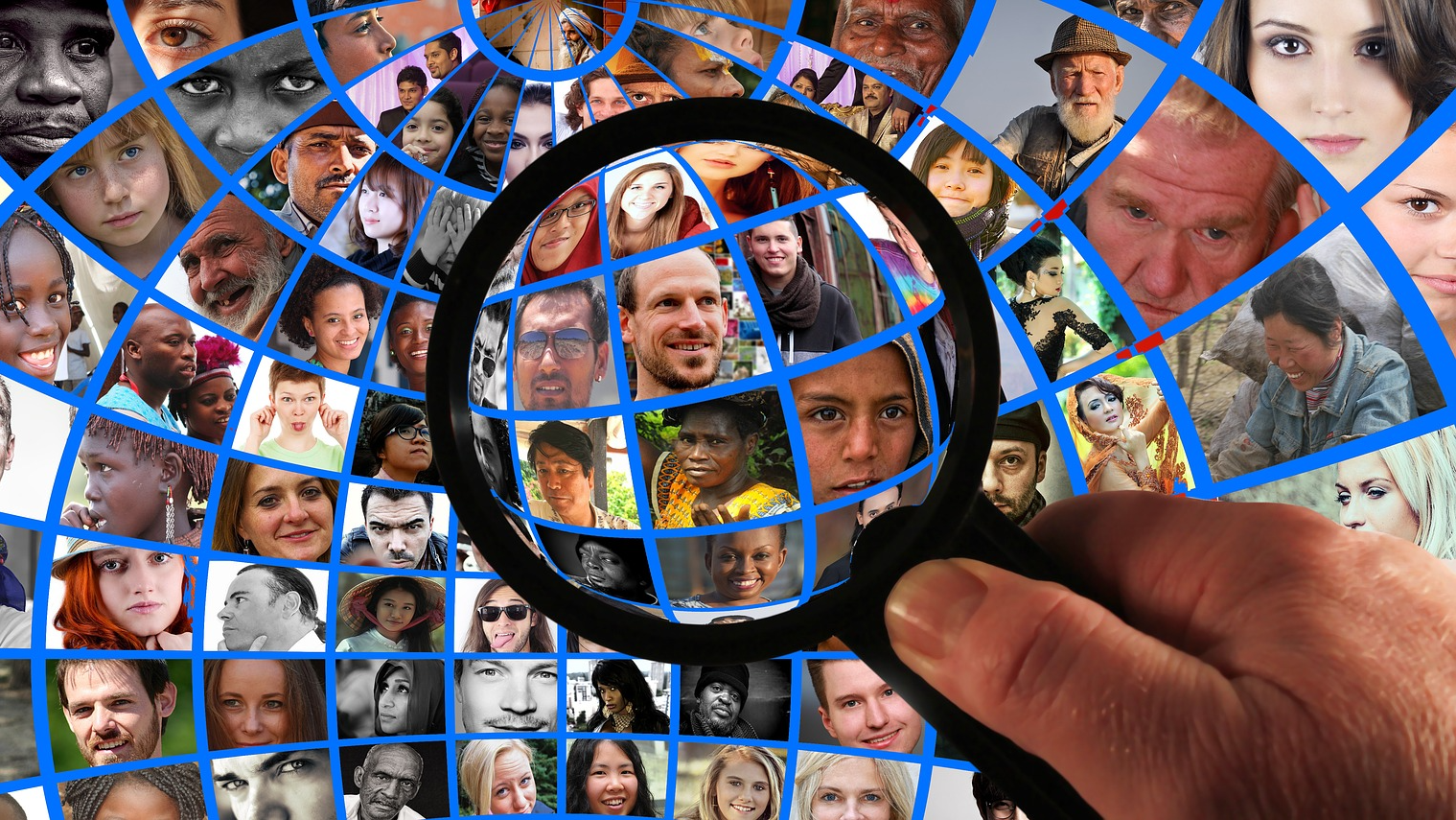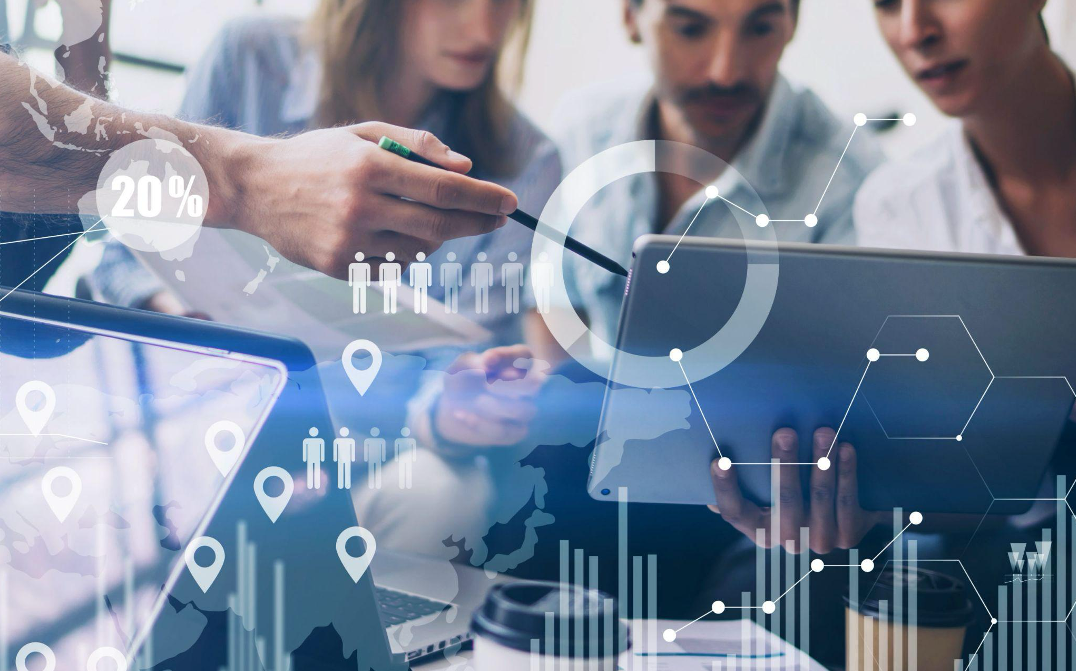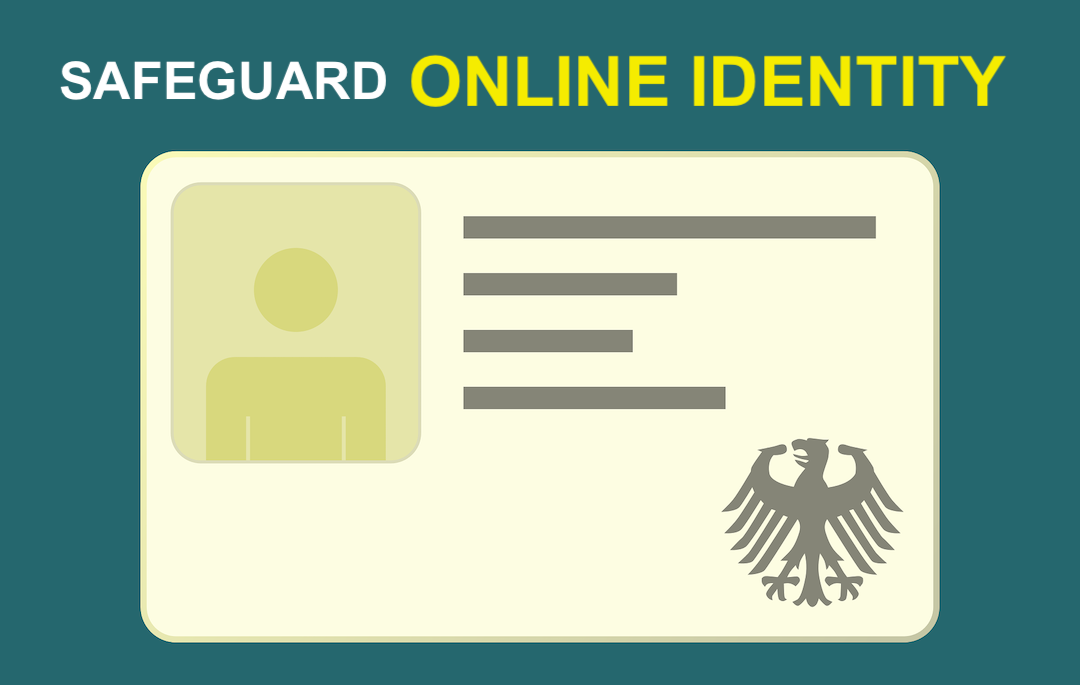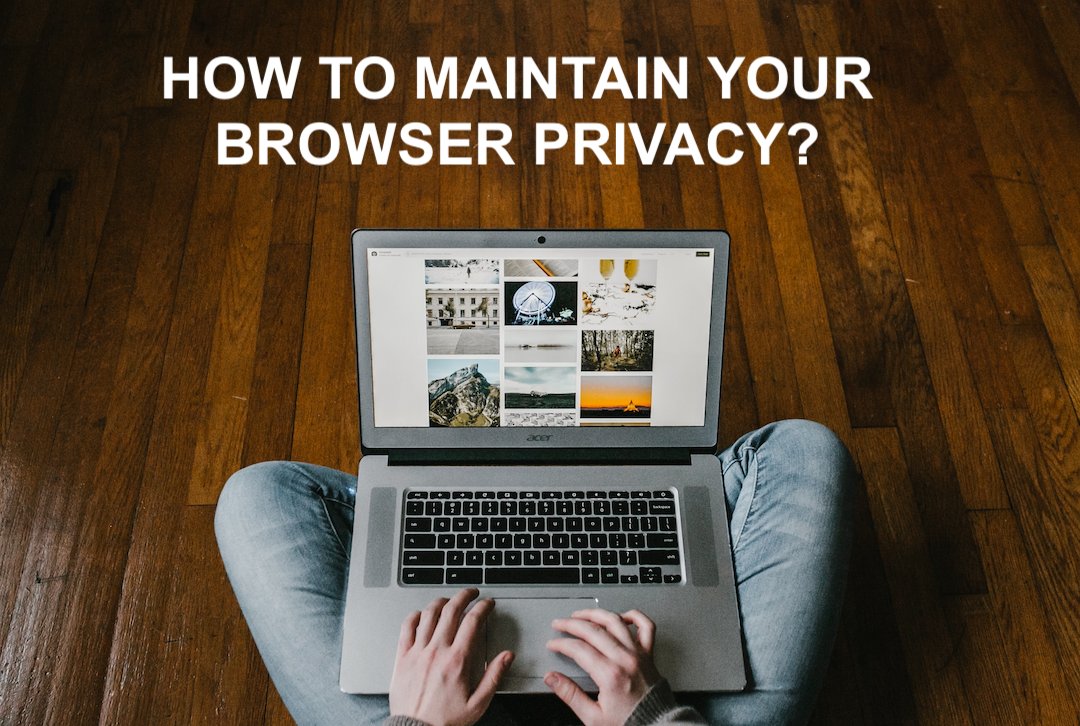
As a marketer, leveraging data is essential for comprehending your promotional initiatives and making pivotal business decisions. Call tracking, in particular, furnishes valuable insights, allowing you to discern the nature of calls generated by your marketing endeavors. Nevertheless, there is a concurrent responsibility to uphold user data privacy and adhere to data protection legislation. Failure to safeguard customer data not only jeopardizes trust but also tarnishes your company's brand image and may result in substantial fines. This guide will walk you through the process of collecting, utilizing, and protecting data following privacy regulations. By embracing your role as a data steward, you can harness call-tracking data to refine your marketing strategies.
